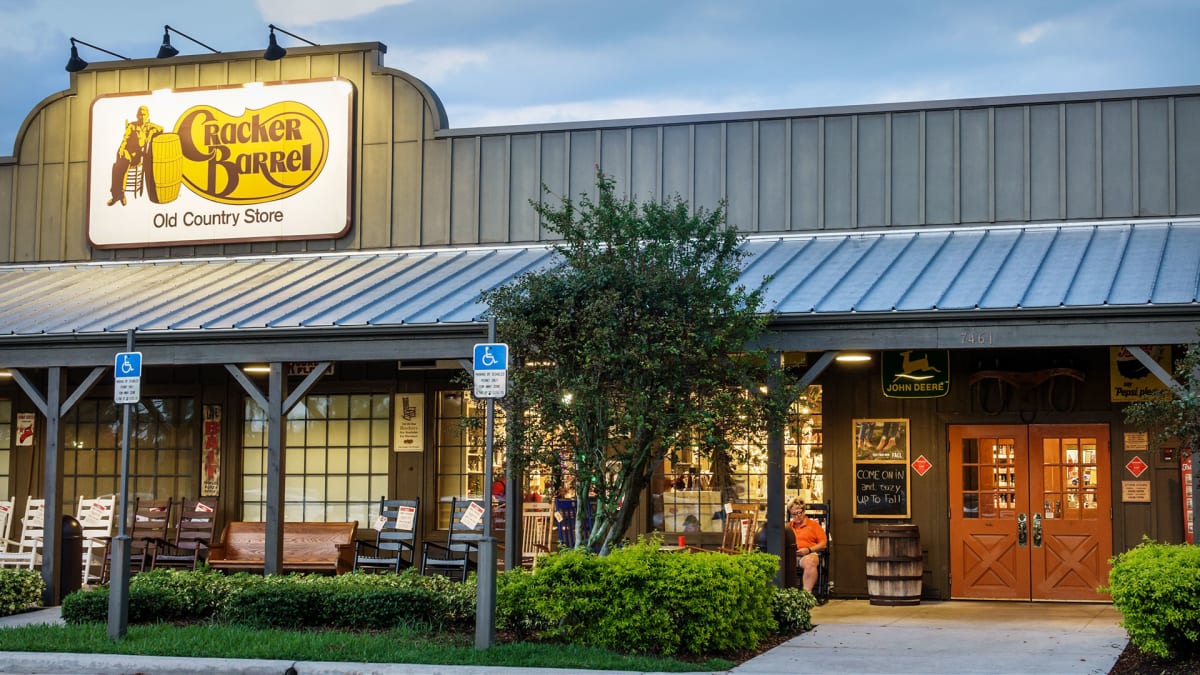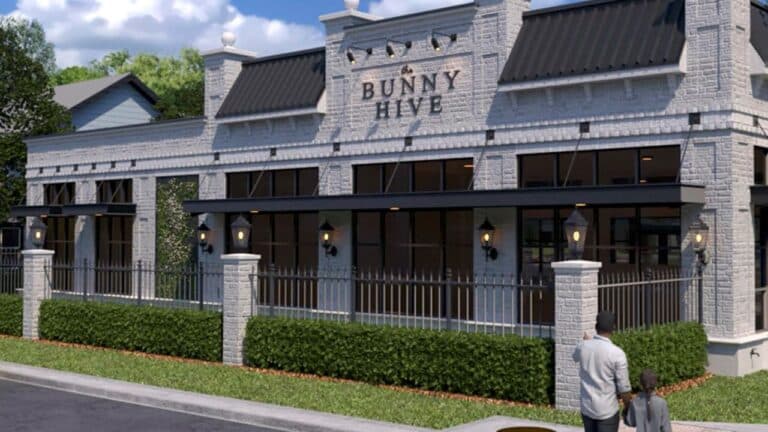Cracker Barrel Franchise FDD, Profits & Costs (2025)

Cracker Barrel Old Country Store is a restaurant and retail company that was founded in 1969 in Lebanon, Tennessee. All Cracker Barrel locations are company-owned and operated, which means they do not franchise any stores.
With its unique blend of restaurant dining and a retail store, Cracker Barrel has become a well-known name across the United States for its homestyle meals and old-country ambiance.
As of today, Cracker Barrel operates 662 locations across 45 states, providing customers with a distinctive dining experience complemented by a retail section offering unique gifts and nostalgic items.
The company has maintained its commitment to offering homestyle cooking and a family-friendly environment, setting it apart from competitors. Cracker Barrel’s approach to food and retail makes it a popular destination for travelers and families alike.
Initial Investment
How much does it cost to start a Cracker Barrel franchise? Cracker Barrel does not offer franchise opportunities, as all of its locations are company-owned.
Therefore, it is not possible to start a Cracker Barrel franchise, and there is no associated cost for franchising with the company.
Yet, looking at similar franchise brands, it costs on average $1,017,000 to start a dinner / southern-style food restaurant franchise. Here are a few competitors and their main metrics in comparison:

Average Revenue (AUV)
How much revenue can you make with a Cracker Barrel franchise?
Since Cracker Barrel does not franchise its stores and all locations are company-owned, Cracker Barrel does not publish a Franchise Disclosure Document. Therefore, it does not disclose the average revenue of its restaurants.
Nevertheless, a dinner / southern-style food restaurant franchise makes $1,812,000 in gross revenues (AUV) on average.
Frequently Asked Questions
How many Cracker Barrel locations are there?
As of now, Cracker Barrel operates around 662 locations across 45 states in the United States. All these locations are company-owned and not franchised.
What is the total investment required to open a Cracker Barrel franchise?
Cracker Barrel does not offer franchise opportunities and therefore, it is not possible to establish the initial investment to start a Cracker Barrel franchise.
However, the initial investment required to open a franchised restaurant similar to the Cracker Barrel franchise ranges from $124,00 to $4,376,000 (average $1,017,000).
What are the ongoing fees for a Cracker Barrel franchise?
Since Cracker Barrel does not offer franchises and all stores are company-owned, the ongoing fees such as royalty fees or advertising fees associated with franchising the brand are not readily available.
What are the financial requirements to become a Cracker Barrel franchisee?
All Cracker Barrel locations are company-owned, and the brand does not offer opportunities for independent ownership or franchising. Therefore, it is not possible to meet any financial requirements or apply to become a franchisee with Cracker Barrel.
For retail food franchises similar to Cracker Barrel, financial requirements may include:
- Minimum Net Worth: Around $500,000 to $1.5 million
- Liquid Capital: Approximately $250,000 to $500,000
These averages vary depending on the specific franchise model and location costs.
How much can a Cracker Barrel franchise owner expect to earn?
Since Cracker Barrel is entirely company-owned and does not operate as a franchise, there is no earning disclosure for a Cracker Barrel franchise.
Now, assuming the average gross sales for a retail franchise similar to a Cracker Barrel franchise of $1,812,000 per restaurant. And assuming a 15% operating profit margin, $1,812,000 yearly revenue would result in about $272,000 operating profit per year.
Who owns Cracker Barrel?
Cracker Barrel is owned by its shareholders as a publicly traded company. It is listed on the Nasdaq stock exchange under the ticker symbol CBRL.
As a public company, its ownership is distributed among institutional investors, private shareholders, and company executives. The day-to-day operations are managed by the board of directors and executive leadership team.
Disclaimer
Disclaimer: This content has been made for informational and educational purposes only. SharpSheets is an independent educational resource and is not affiliated with, endorsed by, or representing any franchisor mentioned on this website. Where noted, figures are taken from the franchisor’s Franchise Disclosure Document (FDD). In some cases, we may provide independent calculations or estimates based on publicly available information. We do not make any representation or warranties with respect to the accuracy, applicability, fitness, or completeness of the information presented in the article. You should not construe any such information or other material as legal, tax, investment, financial, or other professional advice. Nothing contained in this article constitutes a solicitation, recommendation, endorsement, advertisement, or offer to buy or sell any franchises, securities, or other financial instruments in this or in any other jurisdiction in which such solicitation or offer would be unlawful under the franchise and/or securities laws of such jurisdiction.
All content in this article is information of a general nature and does not address the detailed circumstances of any particular individual or entity. Nothing in the article constitutes professional and/or financial and/or legal advice, nor does any information in the article constitute a comprehensive or complete statement of the matters discussed or the law relating thereto. You alone assume the sole responsibility of evaluating the merits and risks associated with the use of any information or other content in this article before making any decisions based on such information or other content.




